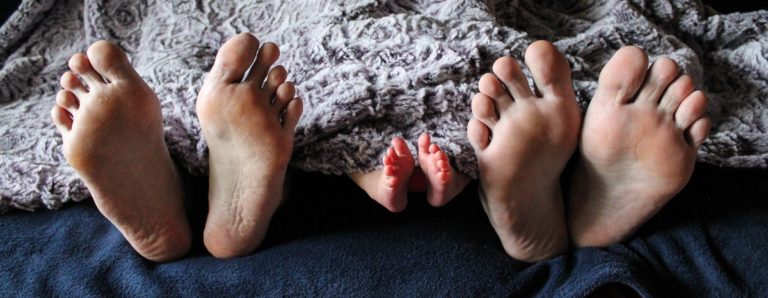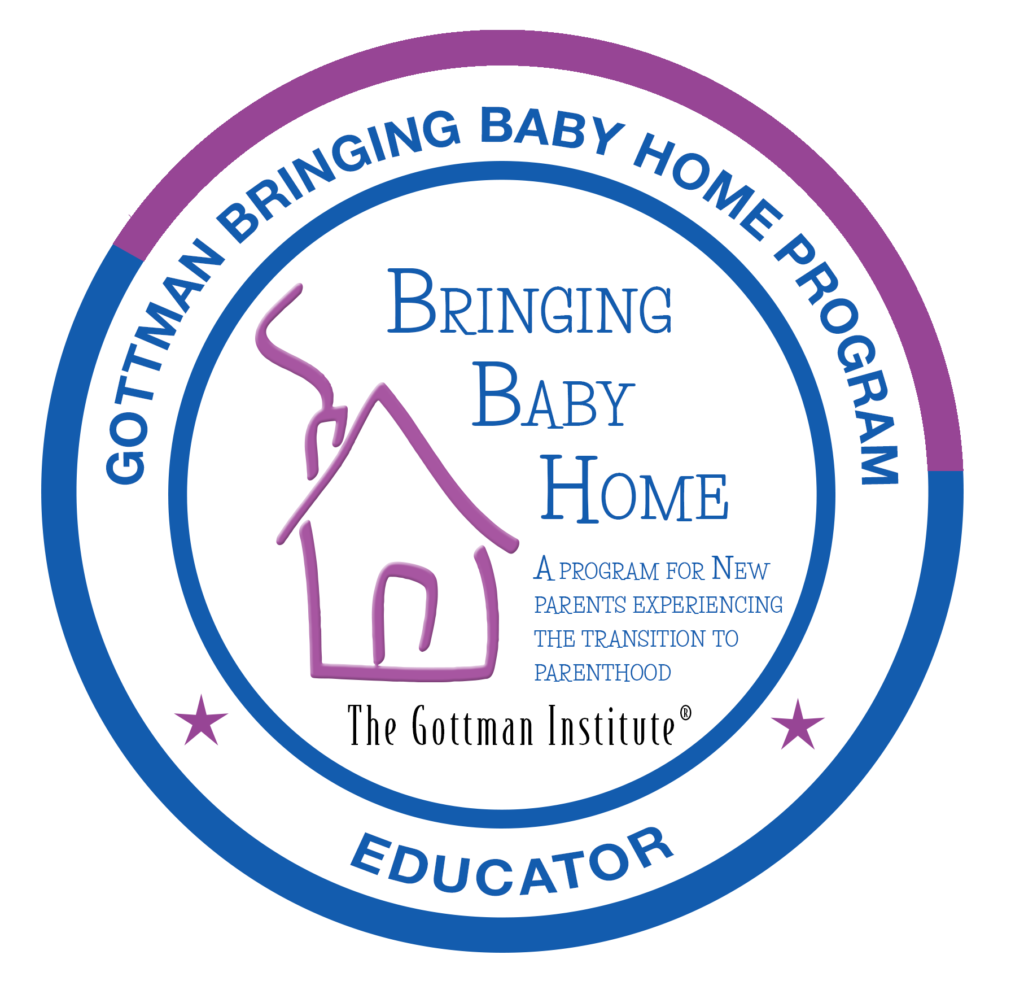Next Available Dates:
To Be Announced!
FREE for Microsoft Employees!
Bringing Baby Home is the only scientifically based workshop that has proven success in teaching skills that help couples manage the changes that occur when a child is born.
You will learn how to maintain and build healthy relationships with each other and your children.
WILL OUR RELATIONSHIP AFFECT OUR BABY? Yes!
- Stress and anxiety have adverse effects on the fetus and child.
- Satisfying relationships have proven to reduce maternal stress and anxiety and provide an optimal environment for your baby’s mental and physical development.
- Early relationships set the thermostat for your child’s ability to learn healthy responses to stress both internally and externally.
- Brain development depends on both genes and experiences.
- Rapid brain development takes place in the first year of life. Just because a baby cannot understand harsh words does not mean they will not be affected by them.
- Early interactions directly affect the way the brain is wired.
ARE NEW PARENTS HAPPY? Umm…
Sadly, statistics show that 2/3 of couples will suffer a drastic reduction in their happiness soon after a child is born. The reasons? Sleep deprivation, depression and anxiety which can lead to emotional distance and even hostility. The lasting damage this does to a couple’s relationship and their baby’s health and well-being CAN be avoided!
ARE NEW PARENTS DOOMED? NO!
67% of couples who attend a Bringing Baby Home workshop report a significant increase in relationship satisfaction!
This workshop is based on decades of research by Drs. John and Julie Gottman.
How Is The Live Online Retreat Different than a Live Workshop?
- It’s a deeper dive because there is more time (off-line) for the exercises, activities and guided conversations
- The teaching is online but it’s the same material and includes group interaction and Q&A
- Participation is from the comfort of home (or, you might make reservations at a B&B)
- You’ll go on a date, that you will plan, Saturday evening (no expense required)
- You can wear your pajamas
Who Benefits From The Online Format?
- Those on bedrest
- People who live in rural areas or cities where live workshops are not offered
- Couples who are more private than social
- Anyone that prefers the comforts of home over a workshop setting
- Busy people who want a more relaxed atmosphere
The video below will give you insight into what you will learn, how it will help you and most importantly, help your baby thrive.
Parent-Baby Relations
- Both fathers and mothers who took the BBH program (compared to those that did not) showed greater sensitivity and responsiveness to their infant’s signals. This was particularly true for fathers.
- Parents who took the BBH program demonstrated better coparenting abilities in that they were able to work together more positively during family play with their 3-month-old baby.
- Babies expressed more smiling and laughter during family play if their parents had participated in the BBH program. This was true for both 3 and 12-month-old infants.
- Several indicators of father-infant attachment security were rated more positively in families who had taken the BBH program.
Infant Development & Temperament
- There were less language delays in one-year-old infants of parents who took the BBH program.
- Mothers who took the BBH program rated their babies as showing less distress in response to limitations (such as having a toy out of reach).
- 1-year-old babies in the workshop group were rated as responding more positively to their fathers’ soothing (this is likely to reflect something about father-baby interaction quality as well as infant temperament).
Father Involvement
- Fathers who took the BBH program reported being more involved in parenting and feeling more satisfied and appreciated for their parental contributions.
- The quality of father-baby interactions was more positive, if fathers had taken the BBH program.
Couple Relationship Quality
- Couples who took the BBH program reported high stable relationship quality. Those who did not take the BBH program showed a decline in relationship quality over the first year after the baby’s birth.
- There was less hostility expressed by both husbands and wives during conflict discussions if they had taken the BBH program.
Parent Psychopathology
- Fewer mothers who took the BBH program showed symptoms of postpartum depression, the baby blues, and other indicators of psychopathology such as anxiety.
- Fewer fathers who took the BBH program showed signs of depression, anxiety and other psychopathology after the baby was born.
MORE ABOUT THE RESEARCH:
The Gottman’s research included a randomized clinical trial study with long-term follow up. That workshop has now been taught to more than 1,000 birth educators from 24 countries.



